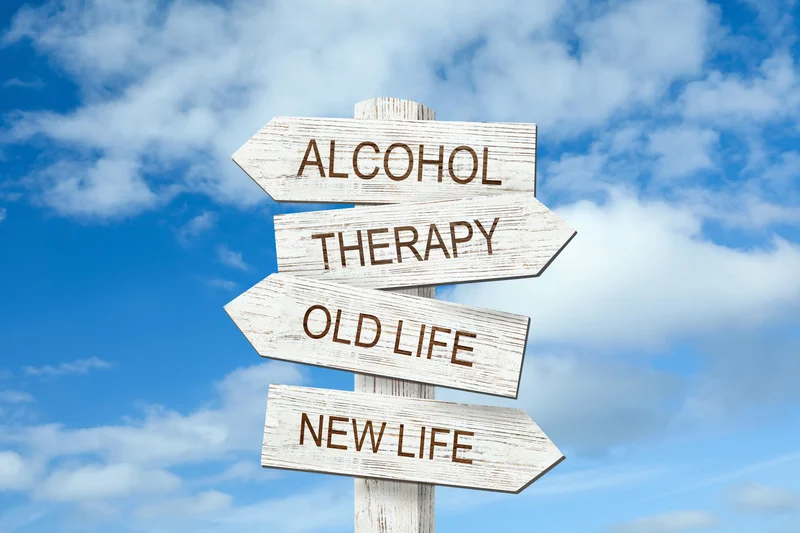
Unfortunately, this unregulated environment has allowed some bad actors to exploit the sober living home model, putting resident’s recovery at risk. Residents of sober living homes often require access to a variety of services and resources. Case management software can centralize information on available resources, including employment assistance, educational planning, and addiction-related treatment services. This helps staff quickly connect residents with the support they need, fostering a more effective recovery journey.
What are the benefits of having a structured schedule in a sober living home?
Like addiction treatment centers in Nevada, sober living homes are overcrowded and understaffed with many more potential residents than beds. Nevada’s provider-to-patient ratio for SUD is one of the worst in the nation, with only 11 addiction treatment professionals for ever 1,000 people in Nevada in need of addiction treatment. According to Mental Health America, Nevada has some of the worst mental health and behavioral health care access in the nation. The good news is that Ohio has been actively working to secure and distribute funds to combat substance use and support recovery efforts statewide.

Substance-Free Living Environment

These new state regulations require sober living homes to pay a flat licensing fee of $250. They also establish a complaint structure whereby sober living home operators can be fined $100 for each legitimate complaint filed by residents, family, friends or community members. If more than three complaints are filed and judged to be legitimate, sober living home operators risk losing their license. Qualified staff experts who provide care with the utmost delicacy boost any behavioral health business.
Find a Partner to Help You Learn How to Start a Sober Living Home

Compliance with fair housing laws, safety regulations, and accreditation standards is crucial for the operation of sober living facilities. Case management software can help manage the certification process, track compliance with special rules, and ensure adherence to safety protocols. This reduces the risk of legal issues and enhances the reputation of the sober living home. Partnering with other organizations in the community, such as mental health clinics or addiction treatment centers, can help a sober living home provide comprehensive care to its residents. These partnerships can also help raise awareness of the sober living home and increase referrals. In this sober home near me article, we will explore the key steps and considerations involved in starting a successful sober living home, from legal requirements and financial planning to facility management and community outreach.

Research the zoning requirements in your desired location to ensure that you can legally operate a recovery facility there. The opioid crisis, along with other substance abuse issues, has highlighted the urgent need for effective recovery solutions. Sober living homes fill a critical gap between rehabilitation centers alcohol rehab and full reintegration into society. They provide a safe space for individuals to strengthen their recovery skills, offering both the owner and the residents a chance to make a meaningful difference in the community.
- This ensures they are equipped to handle the challenges of their roles and provide high-quality care to residents.
- If you are looking to start a sober living home, contact C4 Consulting today and learn how we can help your business during every step of the process.
- A halfway house often called a sober living house, is a residential community where those that have gone through medical detox or completed a treatment program go as the next step in their recovery.
- What’s the very first practical step I should take if I’m considering opening a sober living home in Ohio?
- This shows that you know how much it costs to run a residential home for sober living.
- The bill would also make certification mandatory for all for-profit sober living homes.
Plan Wisely Before Starting
The Georgia Association of Recovery Residences (GARR Network) was established over 30 years ago to advocate for the ethical and professional operation of sober living homes in the state. If you are planning on opening a sober living home in Georgia, do not expect the laissez-faire approach to regulation to continue in the near future. Georgia’s lawmakers have indicated that they are not happy with this state affairs. Learn how case management software enhances the care provided by personal support workers to adults with developmental disabilities. ShareVision is Canada’s leading case management software for social service organizations and human service agencies. Our innovative tools streamline client tracking, outcomes management, and staff coordination, empowering your team to excel in care coordination.
- We’ve been waiting for Pennsylvania to finalize it’s “halfway house” regulations for quite some time.
- Hiring a great house manager can help your sober living home run smoothly and proactively prevent conflict.
- Let’s explore how to pick the best property and build positive relationships within your chosen community.
- Getting clear on these foundational pieces early on will save you a lot of time and potential hurdles down the road.
- When you invest the time in thoughtful planning, you’re building a resilient organization capable of making a lasting difference.
The rental income information, in particular, is very useful for predicting profit margins. For either type of sober living facility within city limits, you must allow residents to stay for a minimum of one month, assuming they follow all house rules. You’ll owe the city $250 for “zoning certification” while they process your application. Are there any specific Ohio organizations I can turn to for guidance and resources as I plan and set up my home? Ohio Mental Health and Addiction Services (OhioMHAS) is an excellent resource; they offer a comprehensive guidebook for developing recovery housing.

The main financial benefit is equity in the home, though some generate $2,000–$5,000 per month in net income. Profitability depends on location, capacity, and costs, with many owners reinvesting to improve services while balancing financial success and recovery resident support. Not all states require formal licensing, but many encourage certification through organizations like the National Alliance for Recovery Residences (NARR).
